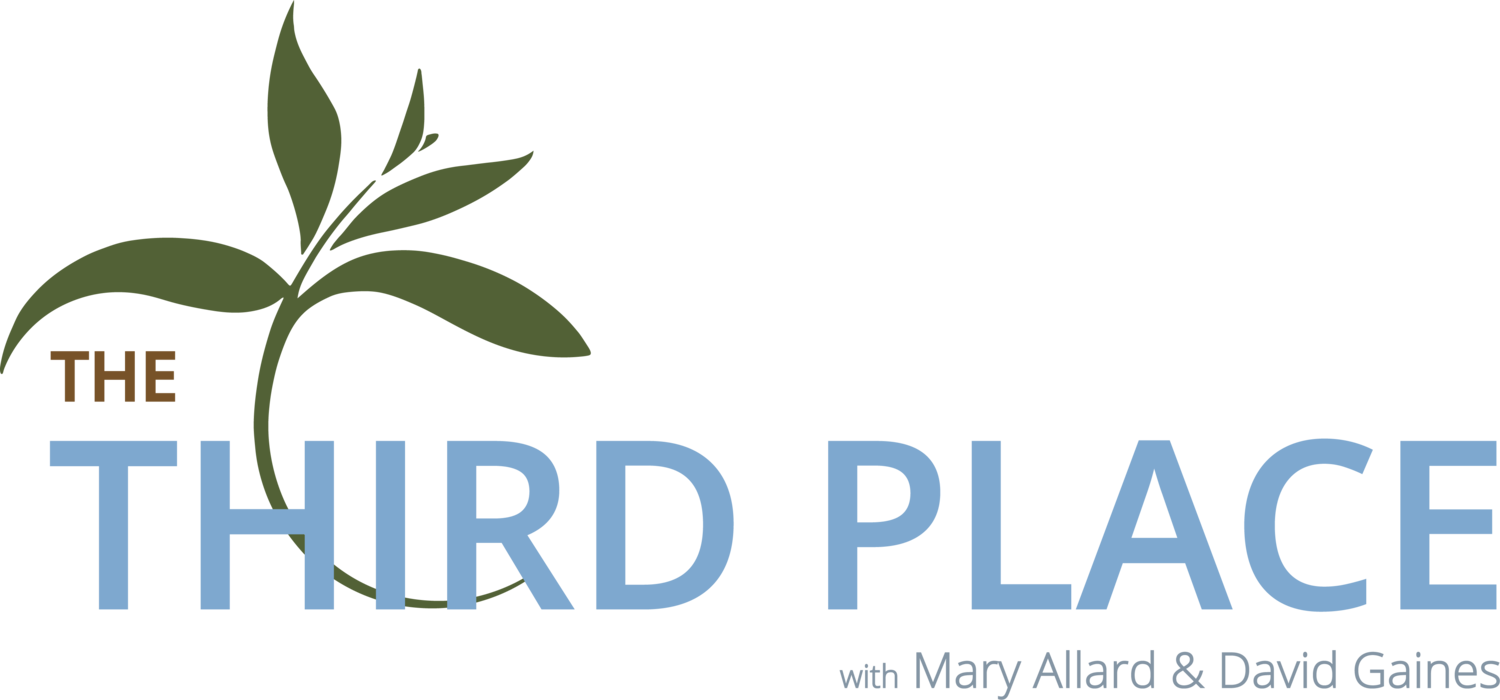Ep 76 - Polyvagal Theory and The Nervous System with Deb Dana
Two years into the pandemic of COVID-19, many people are feeling overwhelmed and over stressed. Our nervous systems are exhausted, and we can more easily be in heightened states of emotions, including our fight or flight responses. Polyvagal Theory gives us language to help us understand how our nervous systems processes our emotions in states of safety and in fight or flight and can help us navigate how to better process and interact with others.
Deb Dana, LCSW is a clinician, consultant and author specializing in complex trauma. Her work is focused on using the lens of Polyvagal Theory to understand and resolve the impact of trauma and creating ways of working that honor the role of the autonomic nervous system. She is a founding member of the Polyvagal Institute and developer of the signature Rhythm of Regulation Clinical Training Series. Deb is well known for translating Polyvagal Theory into a language and application that is both understandable and accessible - for clinicians and curious people alike.
Ep 75 - Sex and Sexuality with Erwan Davon
How do we talk about sex? When thinking about uncomfortable conversations, it’s always one of the first questions comes to mind. How and when do we talk about it with our kids? How do we talk about it with our partner? And in thinking about things like the “Me too” movement and realizing that we’re at an age when we need safer boundaries around sex and pursuing healthier masculinity and femininity, it’s one of the areas of life where we need to have better communication and language.
Over the past 25 years, Erwan Davon and his wife Alicia have successfully taught over 12,000 singles and couples how to have exceptional relationships, and have become the go-to experts for those seeking a higher level of relationship support.
Ep 74 - The Peak Performance Formula with Bob Lesser
All of us wrestle with finding meaning, fulfillment and purpose in our lives. Empowering people find their purpose while also becoming the best version of ourselves is the passion that led our guest Bob Lessor to write his book, The Peak Performance Formula.
In this actionable guide to achieving one's peak performance, Lesser shares his analysis of the three pillars of success: purpose, values, and vision. He incorporates case studies from real-life peak performers: people and organizations that are the best and the brightest.
Ep 73 - The Conscious Cleanse with Jo Schaalman
The New Year is often a time to take a pause and hit a reset button so to speak. Sometimes this includes new mindfulness practices, sometimes new diet or exercise routines… It seems like the best times to make changes or create new habits are when there is a pivotal moment in your life. Well, for our guest Jo Schaalman, it was when she was literally hit by a truck.
Her recovery process was both physically and emotionally grueling, but through her healing she was able to unlock some universal healing principles that could not only help, but other people as well.
Ep 32 (Replay) - How Understanding Maslow’s Hierarchy of Needs Helps us with Hard Conversations with Dr. Liz Przybylinski
The Third Place is about creating space to have hard conversations. However, part of what is necessary for creating the element of safety required to even begin to discuss these difficult topics is first ensuring that our basic needs are met. The ability to engage in difficult conversations is also a sign privilege. If you’re hungry and worried about where your next meal will come from for you and your family, then you simply do not have the capacity to think about greater issues. You just need food. So, what are our basic needs? How can we do the work of first helping meet those needs before we try to engage in dialogue?






